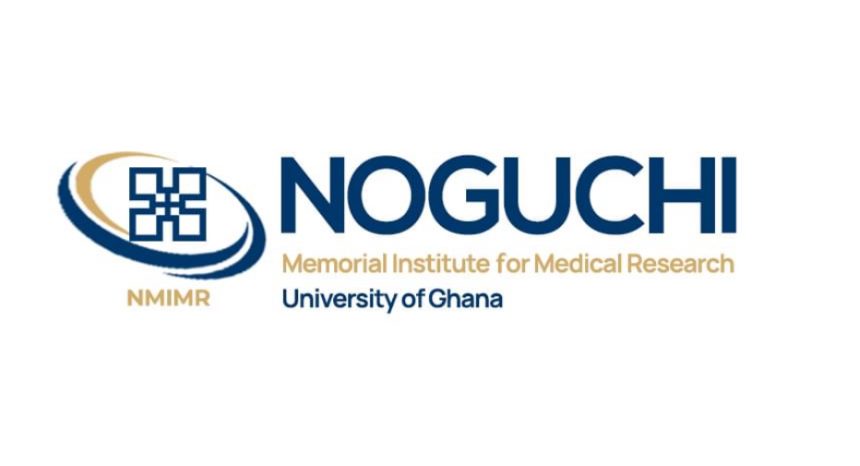In the second research meeting that marks the celebration of the Noguchi Memorial Institute for Medical Research’s 45th anniversary, the Director of Research at the University of Ghana Medical Centre, Prof. George Boateng Kyei, spoke about the future of HIV research in Ghana and the need for more resources and collaboration.
Prof. Kyei began by discussing the importance of expanding their research cohorts, which currently include only adults.
He emphasized the need to include children and adolescents in future studies.
“Our future plans is to get money to expand the HPS cohort across the country. Our children and adolescent cohorts as well. The cohort we have now is all adults.”
Prof. Kyei noted that while progress has been made, there are limitations in Ghana’s facilities for HIV research.
He mentioned that the lack of some important machines has hindered their work, but he thanked the Director for helping them acquire one for now, making Noguchi the first in the country to have it.
“We have different types of resting T-cells and we often need to sort them out which is something we cannot do here because there is no cell sorter in Ghana but I am very proud Director is helping us get one.”
Prof. Kyei also spoke about a particular grant received through Washington University aimed at building capacity for HIV research in Ghana.
He expressed excitement about the impact of this program, which aims to train more researchers to contribute to HIV studies.
“This is a grant that will help us to build capacity for HIV-prone research at the University of Ghana. It is only for Ghana. In five years, we will have at least a good number of people who can do these things, and who are competent to write their own grants.”
Prof. Kyei however recognized the challenges of conducting research in Ghana, particularly the slower pace of progress compared to other countries.
“Things go very slow in Ghana. Which is my chief frustration.”
Prof. Kyei further discussed the importance of collaboration with other West African countries to enhance their research efforts.
He mentioned partnerships with colleagues from Nigeria, Burkina Faso, and Mali to form a consortium for HIV cure trials and stated that, with the right investments in training and infrastructure, Ghana can become a leading center for HIV research in Africa.
”We are working with a lot of colleagues to try and form this consortium. Our aim is to make it a go-to place in Africa for cure research.”
Story by: Joycelyn Glory | univers.ug.edu.gh

